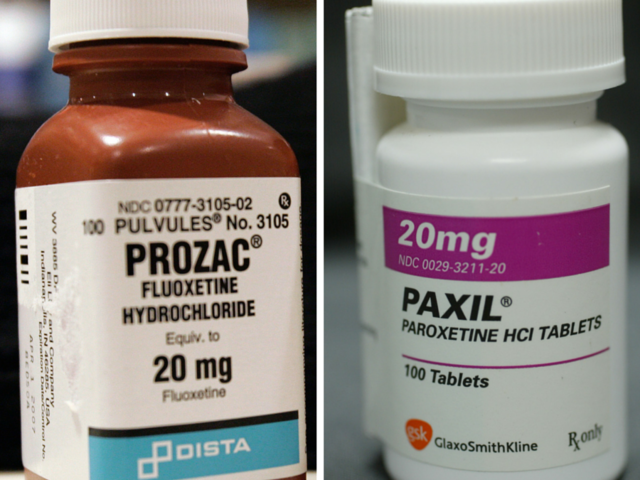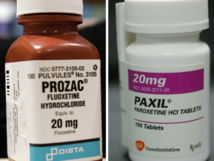In a sweeping study conducted by the government on thousands of woman, has found that the use of older anti-depressants such as Paxil and Prozac can lead to birth defects. However, it has cleared other treatments of anti-depressants using Lexapro, Celexa and Pfizer’s Zoloft, which incidentally are the subject of a major lawsuit, from claims on birth defects.
Studies conducted earlier had raised pertinent questions regarding the usage of anti-depressants in a class of drugs known as Selective Serotonin Reuptake Inhibitor (SSRI). Acknowledging these concerns, the U.S Food and Drug Administration (FDA) in 2005, had, issued safety warnings regarding their usage during pregnancy.
The focus of the current study, which was published in the British Medical Journal, was to find out whether the birth defects affected the entire class of drugs or just particular treatments.
During the study, researchers asked more than 28,000 women whether they had taken Zoloft, Prozac, Celexa, Paxil or Lexapro at any time between a month before conception to 3 months of pregnancy. They took the results and analysed them with women who had issues with child defects. After their analyses, they have come to the conclusion that those drugs were not found to be associated with birth defects, however Prozac and Paxil, which are generically sold as paroxetine, and fluoxetine, respectively, were implicated.
Women who were on these two drugs had 2-3.5 times more likely to bear children with birth defects than those who did not. Prozac was associated with deformities in the baby’s skull while Paxil was associated with the protrusion of the baby’s intestines outside the body as well as with parts of the brain and skull missing in the baby. Further, both Paxil and Prozac were linked to heart defects in the baby.
The authors of the study however noted that the risks when taking these medicines were small, as in 2-7 cases in 10,000.
Although the analyses was able to link the drug to the birth defects it could not conclusively link the drugs to the deformities in the babies.
With more than 40% of women using Zoloft as an anti-depressant during the early stages of pregnancy, the authors collective sighed with relief when their findings did not point a finger to the usage of the drug.
References:
http://www.reuters.com/article/2015/07/09/us-usa-health-antidepressants-idUSKCN0PJ2T320150709
Studies conducted earlier had raised pertinent questions regarding the usage of anti-depressants in a class of drugs known as Selective Serotonin Reuptake Inhibitor (SSRI). Acknowledging these concerns, the U.S Food and Drug Administration (FDA) in 2005, had, issued safety warnings regarding their usage during pregnancy.
The focus of the current study, which was published in the British Medical Journal, was to find out whether the birth defects affected the entire class of drugs or just particular treatments.
During the study, researchers asked more than 28,000 women whether they had taken Zoloft, Prozac, Celexa, Paxil or Lexapro at any time between a month before conception to 3 months of pregnancy. They took the results and analysed them with women who had issues with child defects. After their analyses, they have come to the conclusion that those drugs were not found to be associated with birth defects, however Prozac and Paxil, which are generically sold as paroxetine, and fluoxetine, respectively, were implicated.
Women who were on these two drugs had 2-3.5 times more likely to bear children with birth defects than those who did not. Prozac was associated with deformities in the baby’s skull while Paxil was associated with the protrusion of the baby’s intestines outside the body as well as with parts of the brain and skull missing in the baby. Further, both Paxil and Prozac were linked to heart defects in the baby.
The authors of the study however noted that the risks when taking these medicines were small, as in 2-7 cases in 10,000.
Although the analyses was able to link the drug to the birth defects it could not conclusively link the drugs to the deformities in the babies.
With more than 40% of women using Zoloft as an anti-depressant during the early stages of pregnancy, the authors collective sighed with relief when their findings did not point a finger to the usage of the drug.
References:
http://www.reuters.com/article/2015/07/09/us-usa-health-antidepressants-idUSKCN0PJ2T320150709



















